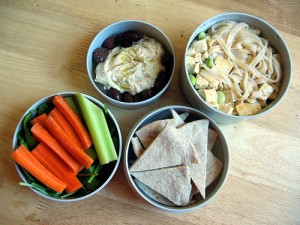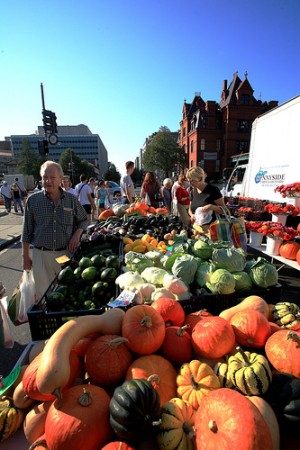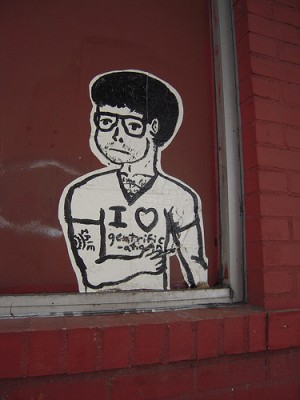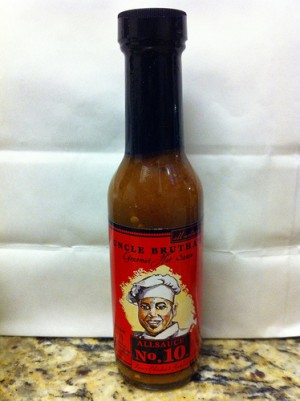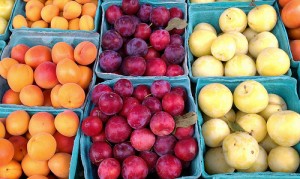Kindly allow me to start this post by thanking you. I am humbled by the letters I am receiving regarding “The Privilege of Prioritizing Organic Food“. Your emails are thoughtful and heartfelt; I am grateful for them, and for the way you have shared my story on Facebook and Twitter. Thank you.
I wrote that post on Thursday and a few of you have left comments, the majority of which were productive and welcome additions to DCentric. One comment, however, stood out. It bothered me enough that I wanted to respond to it, but I kept revising my reply because I am sensitive to the challenges of creating a trusted space for discussing personal or controversial issues (that’s my ultimate goal with this blog), and I don’t want to discourage anyone from sharing their point of view. That is why I’m so glad one of you addressed the questionable comment, instead.
Here’s the comment that I wanted to call out, from “Organic Trade”. After reading it, I wondered if I hadn’t conveyed my point well enough– buying organic may be easier and more affordable than ever, but it’s still beyond the reach of too many people, no matter what their “priorities” are. Also, I don’t understand how choosing organic and thus, more expensive versions of something you buy a lot of is an “easy way to save”:
Continue reading



